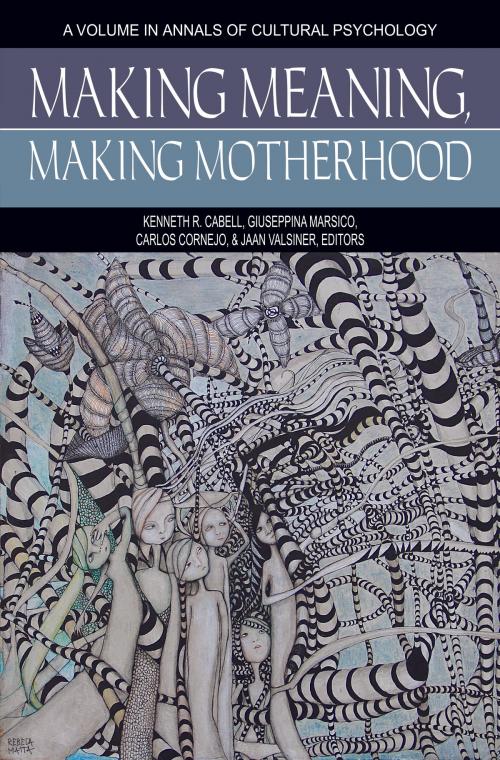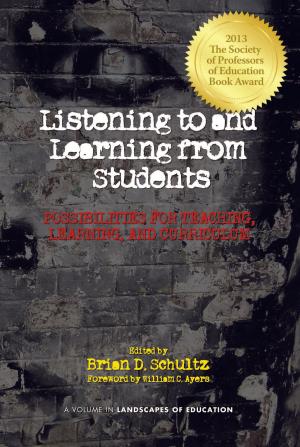Making Meaning, Making Motherhood
Nonfiction, Health & Well Being, Psychology, Social Psychology, Reference & Language, Education & Teaching| Author: | ISBN: | 9781681231426 | |
| Publisher: | Information Age Publishing | Publication: | August 1, 2015 |
| Imprint: | Information Age Publishing | Language: | English |
| Author: | |
| ISBN: | 9781681231426 |
| Publisher: | Information Age Publishing |
| Publication: | August 1, 2015 |
| Imprint: | Information Age Publishing |
| Language: | English |
This volume is the firstborn of the Annals of Cultural Psychology a yearly edited book series in the field of Cultural Psychology. It came into being as there is a need for reflection on “where and what” the discipline needs to further develop, in such a way, the current frontiers and to foster the elaboration of new fruitful ideas. The topic chosen for the first volume is perhaps the most fundamental of all motherhood. We are all here because at some unspecifiable time in the past, different women labored hard to bring each of us into this World. These women were not thinking of culture, but were just giving birth. Yet by their reproductive success—and years of worry about our growing up—we are now, thankfully to them, in a position to discuss the general notion of motherhood from the angle of cultural psychology. Each person who is born needs a mother—first the real one, and then possibly a myriad of symbolic ones—from “my mother” to “mother superior” to “my motherland”. Thus, it is not by coincidence if the first volume of the series is about motherhood. We the editors feel it is the topic that links our existence with one of the universals of human survival as a species. In very general terms what this book aims to do is to question the ontology of Motherhood in favor of an ontogenetic approach to Life’s Course, where having a child represents a big transition in a woman’s trajectory and where becoming (or not becoming) mother is heuristically more interesting than being a mother. We here present a reticulated work that digs into a cultural phenomenon giving to the readers the clear idea of making motherhood (and not taking for granted motherhood). By looking at absences, shadows and ruptures rather than the normativeness of motherhood, cultural psychology can provide a theoretical model in explaining the cultural multifaceted nature of human activity.
This volume is the firstborn of the Annals of Cultural Psychology a yearly edited book series in the field of Cultural Psychology. It came into being as there is a need for reflection on “where and what” the discipline needs to further develop, in such a way, the current frontiers and to foster the elaboration of new fruitful ideas. The topic chosen for the first volume is perhaps the most fundamental of all motherhood. We are all here because at some unspecifiable time in the past, different women labored hard to bring each of us into this World. These women were not thinking of culture, but were just giving birth. Yet by their reproductive success—and years of worry about our growing up—we are now, thankfully to them, in a position to discuss the general notion of motherhood from the angle of cultural psychology. Each person who is born needs a mother—first the real one, and then possibly a myriad of symbolic ones—from “my mother” to “mother superior” to “my motherland”. Thus, it is not by coincidence if the first volume of the series is about motherhood. We the editors feel it is the topic that links our existence with one of the universals of human survival as a species. In very general terms what this book aims to do is to question the ontology of Motherhood in favor of an ontogenetic approach to Life’s Course, where having a child represents a big transition in a woman’s trajectory and where becoming (or not becoming) mother is heuristically more interesting than being a mother. We here present a reticulated work that digs into a cultural phenomenon giving to the readers the clear idea of making motherhood (and not taking for granted motherhood). By looking at absences, shadows and ruptures rather than the normativeness of motherhood, cultural psychology can provide a theoretical model in explaining the cultural multifaceted nature of human activity.















